School Gardening and Its Importance in Education
The inaugural School Gardening Competition concluded earlier this week, ahead of the start of the National Agriculture and Trade Show. Twelve schools from across the country took part in the competition in the primary and secondary school categories. The idea is to promote agricultural education and sustainable farming practices among schools in Belize. News Five’s Isani Cayetano reports.
Isani Cayetano, Reporting
School gardening is an invaluable educational tool for students at the primary and secondary levels because it provides a hands-on learning experience where students can apply biological and environmental science in real life. They can observe plant growth, understand soil composition, and learn about the importance of biodiversity. The National Agriculture and Trade Show steering committee found it fit to launch a competition to encourage students to engage in practical learning.
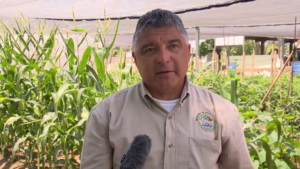
Emilio Montero
Emilio Montero, Ministry of Agriculture
“This year, for the first time, the NATS committee suggested if we can do a school garden competition which is what the Ministry of Agriculture promotes a lot, working with gardening in primary school, as well as in high schools. So the proposal was put to me to lead it since we work a lot with schools. So in November, I was tasked to promote the school garden competition. We designed a flier that was posted on our Facebook page for the ministry and very interestingly, a lot of schools countrywide wrote to us expressing their willingness to participate in the school garden competition.”
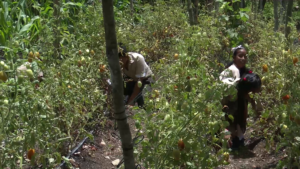 School gardens are a great way to teach students about nutrition. By growing their own fruits and vegetables, students can learn about healthy eating and benefits of fresh produce.
School gardens are a great way to teach students about nutrition. By growing their own fruits and vegetables, students can learn about healthy eating and benefits of fresh produce.
Emilio Montero
“Countrywide, from all six districts, we started with fifteen primary schools and eight high schools that wrote to us expressing their interest to participate.”
Students develop responsibility, patience, and teamwork as they work together to maintain the garden. They also learn planning and research skills as they decide what to plant and how to care for it.
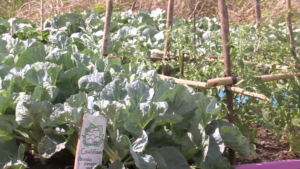 Emilio Montero
Emilio Montero
“At the time when we started receiving letters of expression, right away we saw we had to put two categories, the primary school and the high school categories. That also gave us the task of developing what we call a rubric, what would we be looking for in the garden to grade them, to be as transparent as possible, and coming up with the best winning garden. So some of the criterion that we put forth was garden design, the implementation of the garden, a garden that would be showing agricultural techniques, kind of like irrigation systems, tackling pests and diseases, if there would be any, and if the garden was environmentally friendly.”
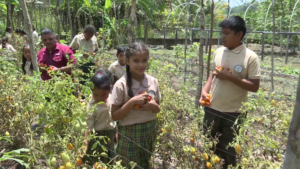 Gardening helps students understand their relationship with the environment. They learn about sustainability, conservation, and the impact of human activities on ecosystems. In essence, school gardening can enrich the curriculum, promote healthy lifestyles, and instill a sense of environmental stewardship in students.
Gardening helps students understand their relationship with the environment. They learn about sustainability, conservation, and the impact of human activities on ecosystems. In essence, school gardening can enrich the curriculum, promote healthy lifestyles, and instill a sense of environmental stewardship in students.
Emilio Montero
“For primary school, the winner came out of Corozal District, in the name of San Victor RC, a Roman Catholic primary school and second place was San Antonio United Pentecostal out of Cayo District. In the high school category, we had Valley of Peace Seventh Day Adventist which came up with an innovative type of gardening, sustainable agriculture practices which is what the ministry is promoting. And second place, out of Orange Walk District is Belize High School of Agriculture. Now within the recognition, innovation and technology, innovation and research. The technology recognition award is going to be given to Itz’at STEAM Academy out of Belize City, Belize District. And for the innovation research it’s Corozal District in the name of Escuela [Secundaria] Tecnica Mejico.”
It’s a multifaceted educational approach that aligns well with the goals of agricultural education. Isani Cayetano for News Five.





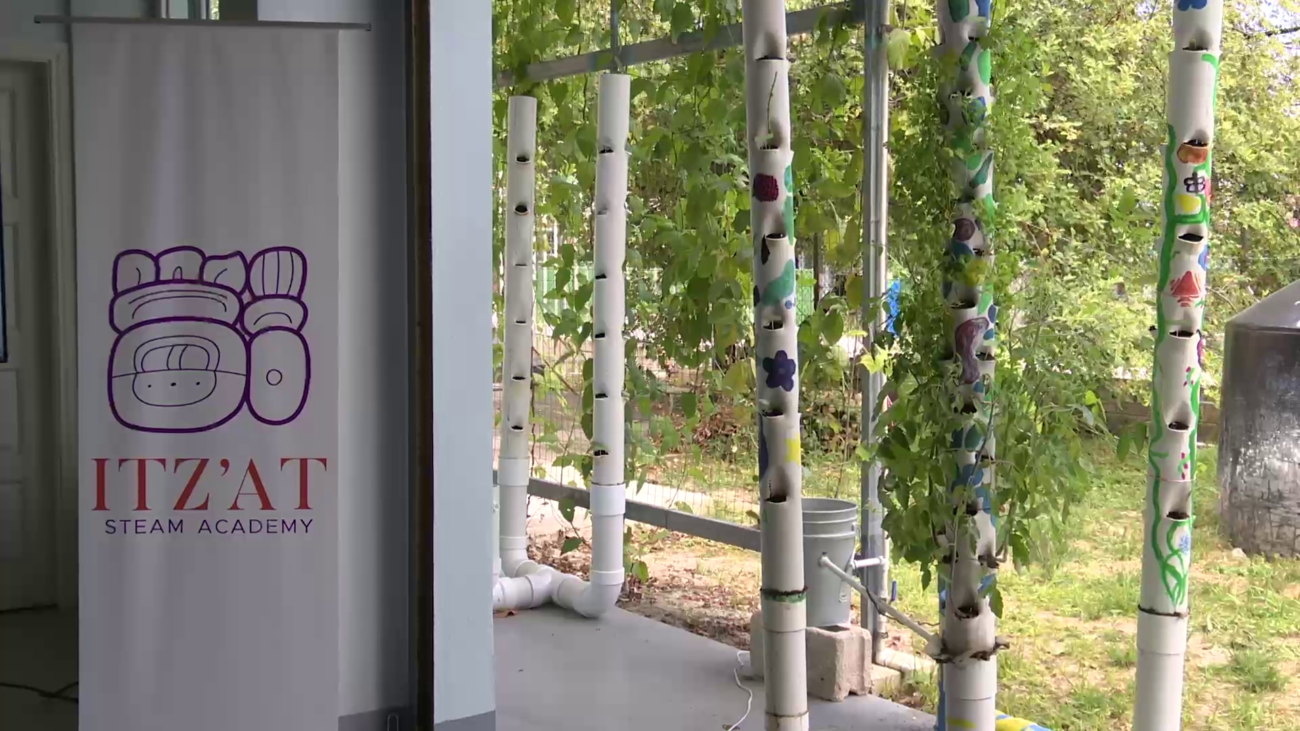

Facebook Comments